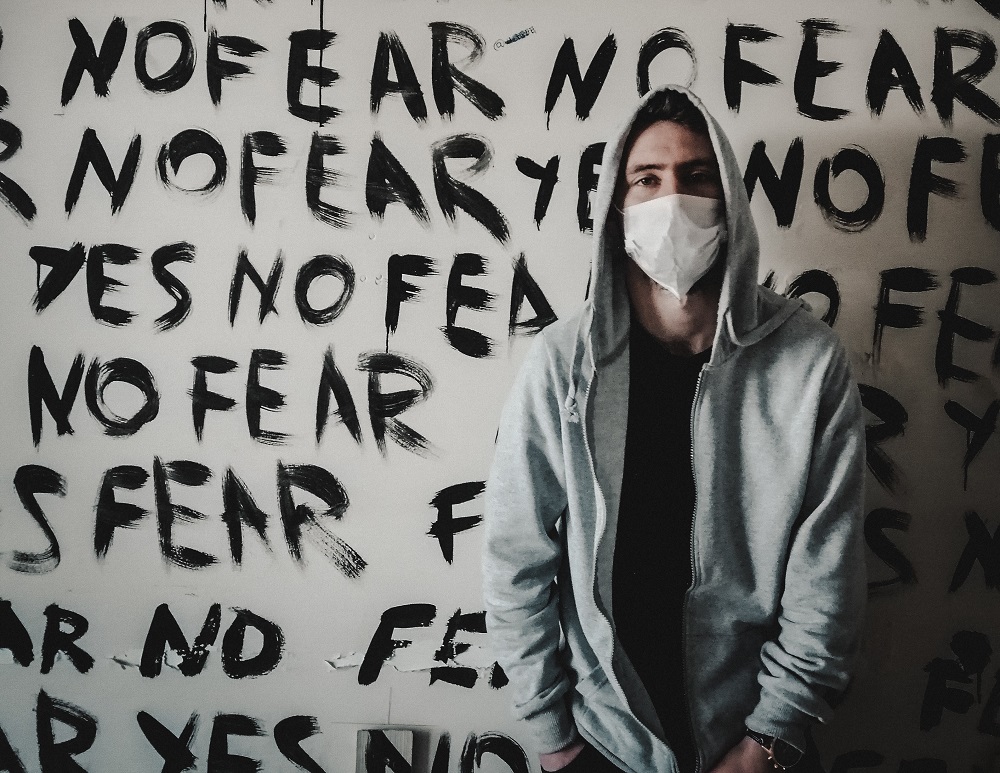Fears and lies in COVID times
July 28th, 2020
A pandemic of fear and lies has been unfolding alongside the pandemic of the coronavirus as COVID-19 cases rise. In Bangladesh, the number of cases is now just over 200,000*, with more than 2,600* deaths registered to date. But in this era of technology where people can see what is happening in the world while sitting in their homes, sometimes the fear is spreading faster than the pandemic itself, writes 17-year-old Mohammad Tanvir Anjum from Dhaka, Bangladesh. But as with all other public health issues, a strong public awareness drive and information can help tackle the myths and misconceptions about the coronavirus.
The novel coronavirus officially made its debut in Bangladesh on March 8, 2020, with the first reported COVID-19 positive patient. The primary reaction of the public before cases started being reported was that the virus would not make its way into Bangladesh and that it was a matter for other “foreign” countries.
That very approach of alienating the virus was the first misconception that infiltrated the minds of many people in Bangladesh. So, when the virus did finally make its way into Bangladesh, people were not ready for its quick spread.
As the virus began to spread rapidly and cases of death started being reported, people started panicking and taking rash actions that made situations worse or resulted in some tragic incidents.
For example, people started cornering family or even in some cases an entire community due to the presence of a COVID-19 patient in that community. In one instance, a man allegedly died when his family refused to let him come out of his room after mentioning that he had tested positive for the coronavirus. Such societal fears and misguided acts were part of the second stage of misconceptions and myths.
Eventually, people started to completely cut off social contact with people infected with COVID-19 even refusing to take care of such people and avoiding those who had died from the virus. Recently, when a doctor passed away in Bangladesh, no one went to the hospital to collect his dead body. His whole family decided to stay away and shunned their obligatory social responsibilities. Such fear is caused by misleading information and lies.
The question is where do these fears originate from, and what can be done to stop the spread of misleading information? How can you stop people from making decisions that cause more problems instead of solving the issues at hand? The answer is more engagement by the government, and public education by experts who know what is going on and what should be done. Doctors and local leaders can play an important role in this.
If those who are knowledgeable do not speak up for the benefit of those who have little or no information, the pandemic will not just harm us physically. The psychological damage to societies will continue and become uglier, ultimately increasing the damage done by the pandemic.
It is every citizen’s responsibility to educate themselves on what they can do, and by all means to suppress the pandemic and the myths and misconceptions that come with it.
*Data obtained from the World Health Organization as of July 20, 2020
Photo by Korhan Erdol from Pexels
About me: I am a student of Faujdarhat Cadet College. I devour books and write sometimes as well. I love to connect with people and hope to do great things someday.
……………………………………………………………………………………………………………………………………………………………………..
Opinions expressed in this article are those of the author and do not necessarily represent the views of the Commonwealth Youth Programme. Articles are published in a spirit of dialogue, respect and understanding. If you disagree, why not submit a response?
To learn more about becoming a Commonwealth Correspondent please visit: http://www.yourcommonwealth.org/submit-articles/
……………………………………………………………………………………………………………………………………………………………




